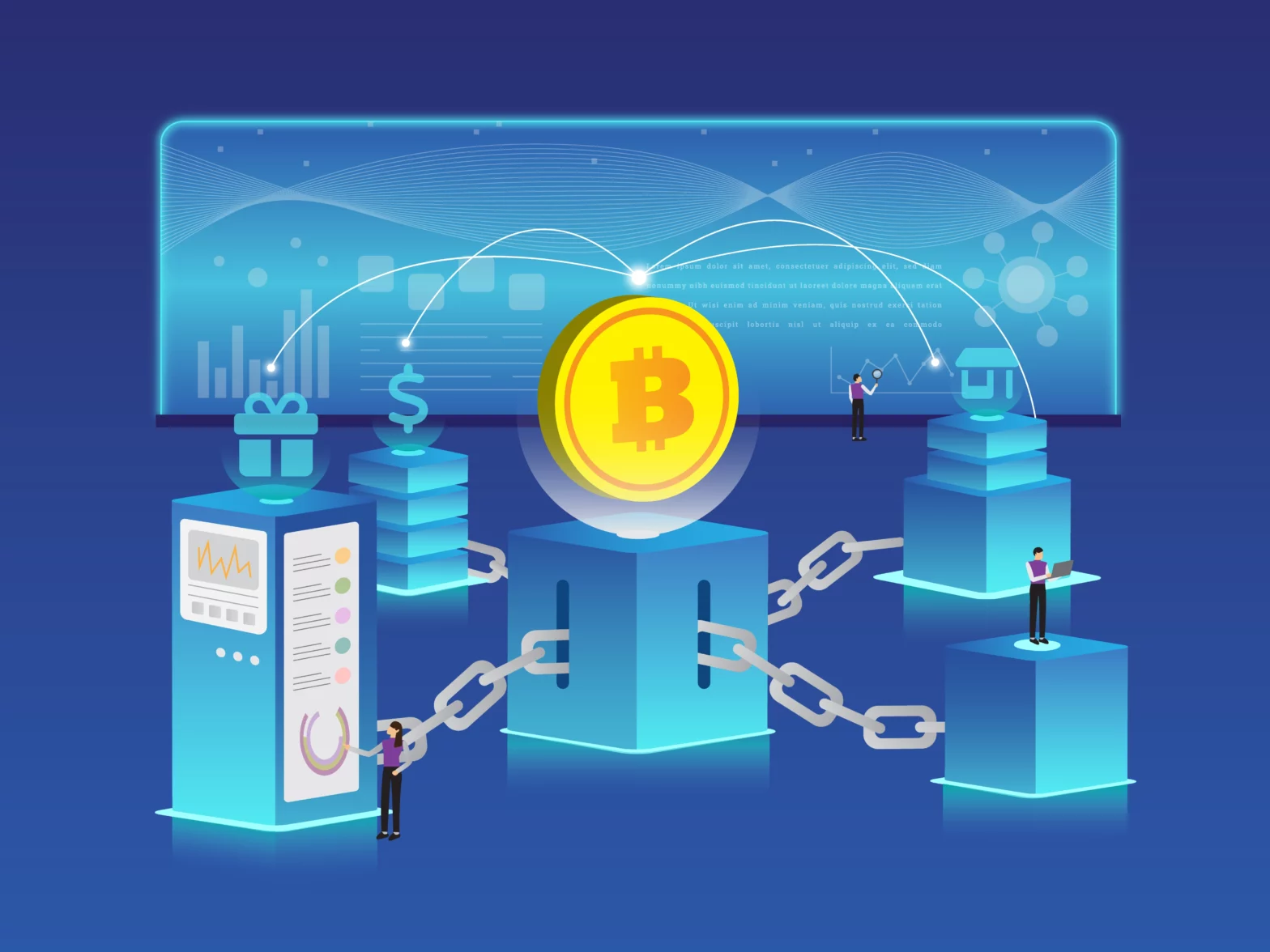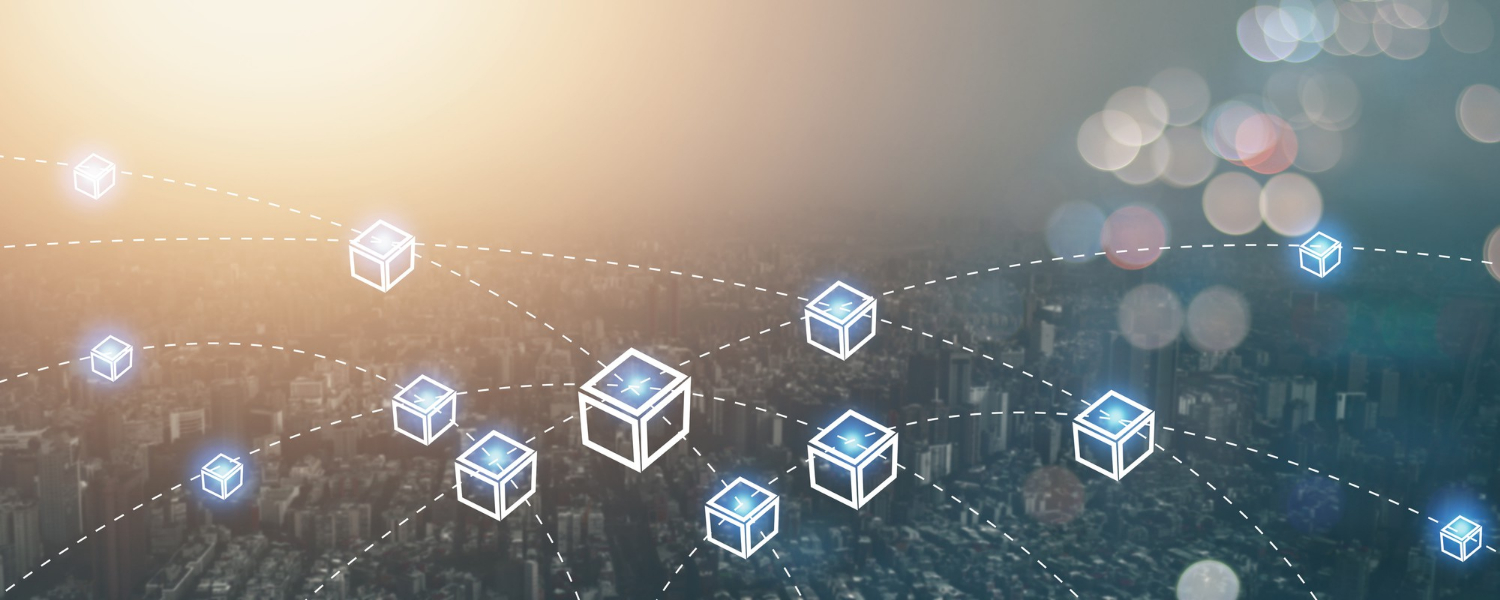The mining industry, with its rugged landscapes, massive machinery, and age-old traditions, may seem like an unlikely candidate for technological innovation. However, beneath the earth’s surface lies a world of untapped potential where blockchain technology is poised to bring about a revolution. In this blog, we’ll dive deep into the importance of blockchain in the mining industry and how it’s reshaping an age-old sector.
Mining: Challenges and Opportunities
Mining has historically faced numerous challenges, including resource depletion, environmental concerns, and the need for transparency in an increasingly complex supply chain. Blockchain technology, known for its transparency, security, and immutability, offers solutions to these pressing issues.
- Transparency and Accountability
One of the most significant advantages of blockchain in mining is its capacity to foster transparency and accountability. Every facet of the mining process, from exploration and extraction to transportation and distribution, can be recorded on the blockchain. This creates an unchangeable ledger accessible to all authorized parties. Such transparency minimizes the risk of fraud, builds trust among stakeholders, and provides investors with a clearer picture of the operation’s integrity.
2. Sustainable Mining Practices
In an era of heightened environmental consciousness, sustainability is a paramount concern for the mining industry. Here, blockchain combined with the Internet of Things (IoT) is proving invaluable. IoT sensors can monitor resource usage, emissions, and waste management in real-time, feeding data directly into the blockchain. This information allows mining companies to optimize their operations, reduce their environmental footprint, and comply with stringent regulations.
3. Supply Chain Traceability
Mining supply chains are intricate, often involving multiple intermediaries before minerals reach end-users. Blockchain introduces end-to-end traceability, enabling consumers and businesses to verify the origin and authenticity of minerals. This is especially vital in an era of conflict mineral regulations and growing demand for ethically sourced materials.
4. Efficient Asset Management
Mining companies manage a vast array of assets, from colossal machinery to remote sites. Blockchain’s smart contracts can automate maintenance schedules, trigger repairs when needed, and ensure that assets are operating at peak efficiency. This reduces downtime, lowers maintenance costs, and extends the lifespan of equipment, contributing significantly to cost savings.
5. Combatting Fraud and Corruption
The mining industry, at times, has struggled with issues of fraud and corruption, particularly in regions with weak governance structures. Blockchain’s tamper-proof nature makes it nearly impossible to manipulate records or engage in corrupt practices. This creates a more attractive environment for responsible investors and enhances the overall stability of the industry.
6. Global Collaboration and Trade
Mining is a global industry, with minerals often traversing continents before reaching their final destinations. Blockchain simplifies international trade by digitizing and automating documentation processes, reducing delays, and improving security. This is especially crucial in a world where the demand for minerals knows no borders.
The Road Ahead: Mining’s Digital Transformation
As the mining industry continues to embrace blockchain, it embarks on a digital transformation that enhances transparency, sustainability, and efficiency. From reducing environmental impact to ensuring ethical sourcing and streamlining supply chains, blockchain is becoming an indispensable tool for mining companies worldwide.
The synergy between the rugged world of mining and the digital realm of blockchain might seem unlikely, but it’s a testament to the adaptability and transformative power of technology. In the coming years, we can anticipate blockchain continuing to unearth new possibilities in the mining industry, ensuring that the earth’s resources are managed responsibly and sustainably.
Conclusion
The mining industry is not just digging into the ground; it’s also mining the potential of blockchain for a brighter and more responsible future. As we delve deeper into the 21st century, the mining sector is no longer confined to the traditional tools of the trade; it’s embracing blockchain technology to revolutionize an age-old industry.
In this digital age, the mining industry is poised to leverage blockchain’s capabilities for transparency, sustainability, and efficiency. The importance of blockchain in the mining industry is not a question of if, but when. It’s a partnership that promises to reshape the future of mining, making it more responsible, accountable, and sustainable, and ensuring that the earth’s treasures are managed with the utmost care and consideration for generations to come.
MSRvantage Blockchain solutions provide comprehensive and reliable ways to enhance security and provide end-to-end visibility among trading partners. With the enormous power of blockchain enables the ability to fight fraud and counterfeits with a complete view of the complex transaction phases. Mining sectors across the world can rely on us for speed, transparency, traceability, efficiency, and accuracy.
Recent posts


Cultivating Sustainability: The Role of Traceability Solutions in Revolutionizing Agriculture Practices
In an era where the global population is on the rise and environmental concerns are at the forefront of discussions, the need for sustainable agricultural
Read more 


Transforming Mining: Risk Mitigation with Blockchain Technology
The mining industry is essential to modern life, providing the raw materials for everything from smartphones to infrastructure projects. However, it's also known for its
Read more 


The Power of Supply Chain Mapping Using Blockchain in Mining
The mining industry is a complex and critical sector that forms the backbone of many global supply chains. It encompasses the extraction, transportation, and processing




